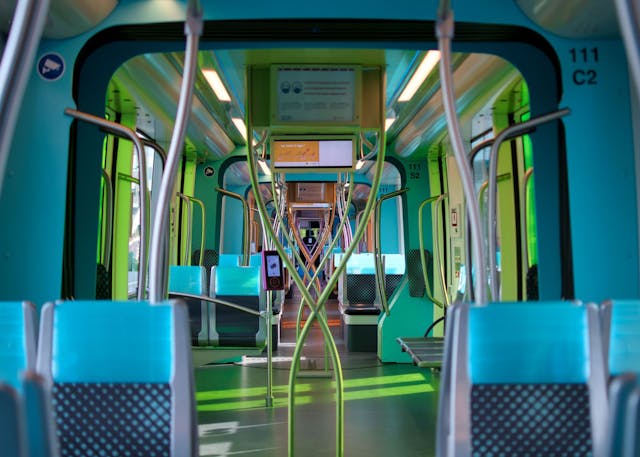Claude Meisch: "Our goal is a school that breathes with the community."

Photo from the Gouvernement website, made by Yves Kortum
In an interview with L'essentiel, Education Minister Claude Meisch shared his views on the priorities for the 2025/2026 school year. His main expectation is a return to schools - to their lively atmosphere, where policy decisions take shape through children's eyes and daily practice.
One of the key events will be the launch of the new campus of the School of Hotel Management in Wickrange, as well as the expansion of specialisations and the creation of regional centres to support students with special needs. In addition, preparations are being finalised for a major reform: universal education in a choice of French or German.
The minister emphasises that parents will be free to choose a language for their children, even if there is only one such child in a class. At the same time, classes will not be divided completely - grouping will only take place in language and maths lessons.
In the area of personnel policy, the ministry is focusing on motivating teachers. Among the innovations is an annual bonus of almost 1,800 euros for those who take on additional functions, such as class teacher. "Who would want to teach the same thing for 30 years in a row?" - says Meisch, emphasising the importance of career prospects.
The ban on the use of smartphones in schools introduced earlier, according to the minister, caused the expected discontent among teenagers. But he draws on scientific evidence: digital addiction is directly linked to an increase in mental health problems among young people. "We are seeing a significant drop in incidents in schools where phone use is strictly regulated," he adds. Alongside bans, the ministry suggests "more sport, movement and culture".
On the issue of school violence, Meish is alarmed not so much by the aggression itself, but by how commonplace and "stagey" it has become. Instead of helping, children often take out their phones and start filming. School bullying has also become more complex and diverse, requiring new approaches.
Speaking about the school of the future, the Minister stresses that it will inevitably become "à la carte" - more flexible and personalised. In Luxembourg, only a third of pupils speak Luxembourgish from birth, and 2-3 thousand new pupils enter schools every year. The system must therefore take account of reality: to develop public international and European schools, to be multilingual and open.
When asked about cross-border pupils, Meisch said that in the spirit of European integration, borders should not interfere with everyday life. At the same time, children who live in the country are prioritised for admission. This is especially true for public international schools.





